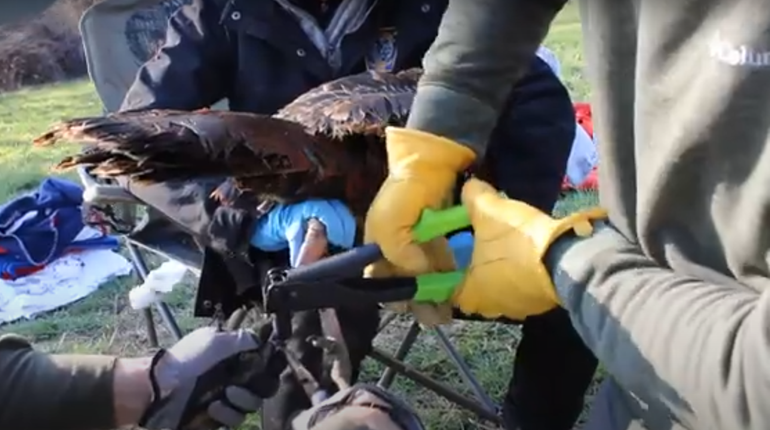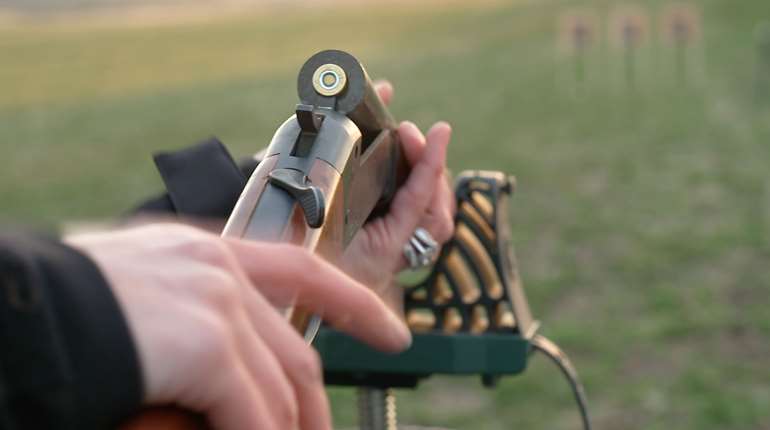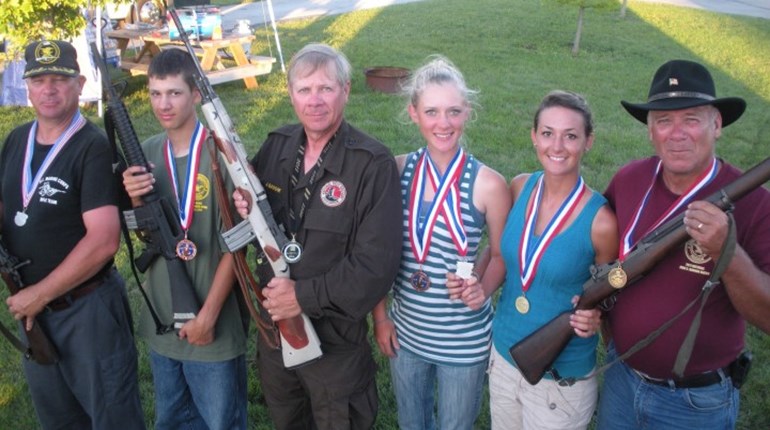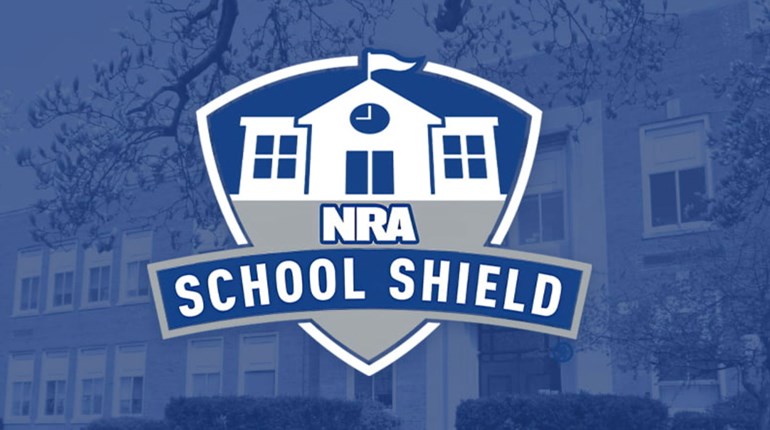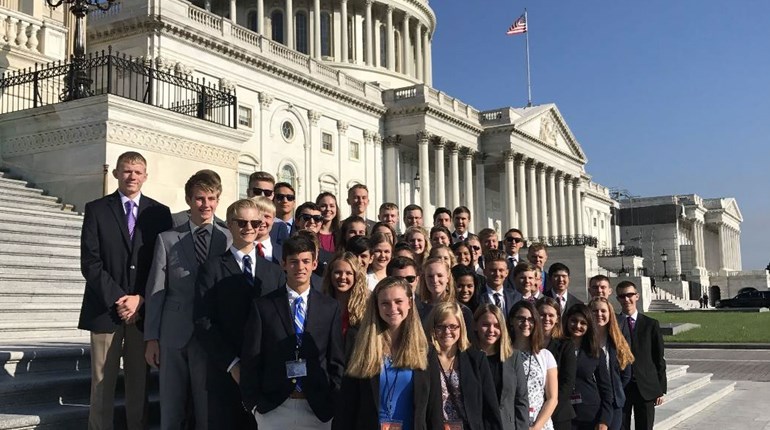
Although I’m not new to shooting, this year I hope to participate in my first hunt. In preparation, and in honor of Opening Day of dove season—Sept. 1—I enrolled in the North Carolina Hunter Education online course. It took me only a couple of days to finish all nine units, corresponding quizzes and the final exam. It is my hope that some NRA Women out there can benefit from my thoughts on the experience and motivate themselves or others into taking Hunter Ed.*
You might think, as I did, that if you know how to shoot, and you spend a lot of time outdoors, there won’t be much left to learn about hunting. Although the combined knowledge of firearms and the wilderness is helpful, hunting involves so much more. I learned a lot of new things, including: where to aim and shoot in relation to people; animal species and the landscape; how to carry a gun through the woods; and the best way to communicate with other hunters.
Before I began the course, I had prepared myself for outdated videos of old men mumbling into a prehistoric video camera, cheesy diagrams and timed slides. However, I was pleasantly surprised with the modern and engaging class, which caters to a variety of learning styles. For example, it allows visual learners to read at their own pace, while auditory learners can rely solely on the optional audio dictation. The videos are also well shot and acted by a young, attractive, well-spoken cast. The pictures along the way keep things interesting, and helped me remember information on the quizzes. Before each unit quiz there was also a summary of “What You’ve Learned,” which keeps the longer unit’s initial slides fresh in your mind.

In addition to the impressive formatting, some of the content, too, was a bit unexpected. Of course I wasn’t surprised to find a whole unit on firearms and deer stand safety (as there should be; it’s no joke, people!), but the class also reinforced the value of conservation, etiquette and first aid. The course detailed the ecological benefits of hunting and reiterated that regulated, legal hunting does not cause a species to become endangered or extinct. The hunting etiquette section included Leave No Trace, interacting with a conservation enforcement officer and respecting non-hunters. The future of hunting and health of the environment depends on how hunters handle all of the aforementioned situations.
Cleaning up after yourself, unloading your gun before interacting with a conservation officer, keeping the firearm pointed away from them, covering up an animal carcass and refraining from discussing graphic details in front of others are all great ways to give hunting a good reputation, keep others safe and allow everyone to enjoy the outdoors.

The information on emergency medical treatment was also a welcome surprise; it actually made me want to sign up for a wilderness first aid course. It is too easy to get lost, hurt or ill in a remote location, which then causes panic. If more people had basic training in emergency situations, accidents outdoors might not be so dire. The section briefly covers some first aid maneuvers that are important for all hunters to know such as treating hypothermia, heat stroke or an open wound.
After reading the slides, watching the videos, skimming the recap and taking the quizzes, I passed the final exam on the first try and learned a lot about the culture, different strategies and expectations of hunting. I would highly recommend that anyone interested in hunting take the Hunter-ed course in his or her state. You won’t just learn useful information; you’ll also get excited about hunting! The course does a great job of informing students on the unsavory parts of shooting quarries (what to do if the animal is injured and runs off) while also encouraging them to have a great time hunting responsibly.

Since coronavirus has changed our everyday lives, hunting can be a great way to get outside with a small group of friends. Many people are expressing concerns over social distancing in the fall and winter when the days are shorter and it isn’t worth bundling up for a walk around the block. I sincerely hope more people turn to hunting as a way to see others, get outside and stay sane. As the sport grows, more money goes toward conservation and more people learn to respect nature and animals by leaving no trace and not wasting meat. The fall hunting season is now under way, so check out hunter-ed.com to find your state’s hunter safety course and get outside!
*Certain state's Hunter-Ed online classes require state residency and participation in an in-person Field Course or Skills Day. The cost of the online courses vary, ranging from approximately $20 to $30.















